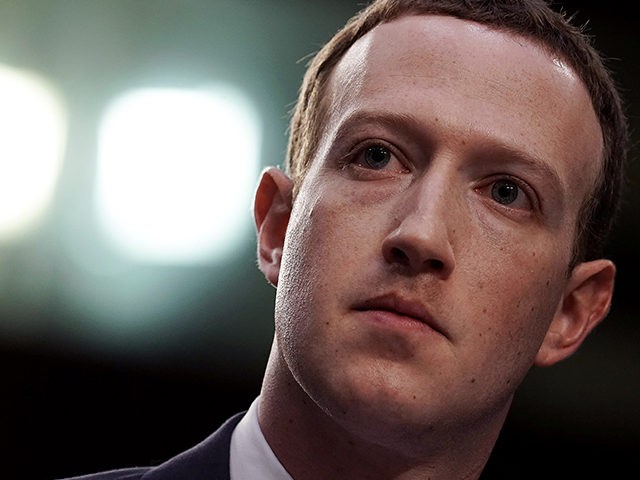The New York Times recently outlined the inner workings of a secret deal between Facebook and Google that allowed the companies to jointly dominate the online advertising market.
In an article titled “Behind a Secret Deal Between Google and Facebook,” the New York Times outlines a secret deal between Facebook and Google related to the online advertising market that the two companies largely dominate.
Facebook revealed in 2017 that it was testing a new way of selling ads online that could threaten Google’s control of the online advertising market, but just two years later Facebook announced that it would be joining an alliance of companies backing a similar effort by Google, seemingly abandoning its own plans that would have allowed the company to better compete with Google.
Facebook never clarified why it seemed to abandon its own project, but an antitrust lawsuit filed by ten state attorneys general last month implies that Google had extended to Facebook a sweetheart deal to be a partner.
Executives at six of the partners in the alliance told the NYT that their agreements with Google did not contain many of the generous benefits that Facebook received and that Google had given Facebook a significant advantage over the other partners in the alliance.
The deal between Google and Facebook was reportedly code-named “Jedi Blue” and pertains to a segment of the online advertising market called programmatic advertising. A new advertising method called header bidding emerged as part of a workaround to reduce reliance on Google’s ad platforms.
The NYT explains:
In the milliseconds between a user clicking on a link to a web page and the page’s ads loading, bids for available ad space are placed behind the scenes in marketplaces known as exchanges, with the winning bid passed to an ad server. Because Google’s ad exchange and ad server were both dominant, it often directed the business to its own exchange.
Header bidding provided a workaround that allowed news outlets and other sites to solicit bids from multiple exchanges at once, increasing competition and leading to better prices for publishers. In an attempt to prevent significant losses from the new method, Google developed an alternative called Open Bidding that allowed other exchanges to simultaneously compete alongside Google. Google would then receive a fee for every winning bid.
The NYT writes:
The threat of Facebook, one of the biggest ad buyers on the internet, supporting header bidding was a grave concern at Google. The draft of the complaint reviewed by The Times cited an email from a Google executive calling it an “existential threat” that required “an all hands on deck approach.”
Facebook announced in March 2017 that it was testing header bidding with publishers like The Washington Post, Forbes and The Daily Mail. Facebook also took a jab at Google, saying the digital ad industry had been handing over profits to “third-party middlemen who make the rules and obfuscate the truth.”
Before Google and Facebook signed the deal in Sept. 2018, Facebook executives outlined the company’s options to Mark Zuckerberg, its chief executive, according to the draft of the complaint: hire hundreds more engineers and spend billions of dollars to compete against Google; exit the business; or do the deal.
Read more at the New York Times here.
Lucas Nolan is a reporter for Breitbart News covering issues of free speech and online censorship. Follow him on Twitter @LucasNolan or contact via secure email at the address lucasnolan@protonmail.com

COMMENTS
Please let us know if you're having issues with commenting.